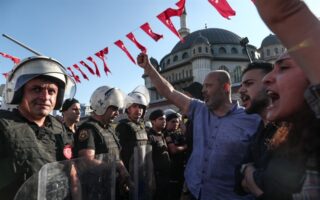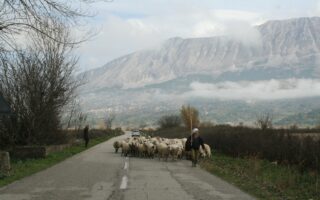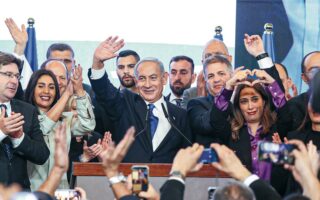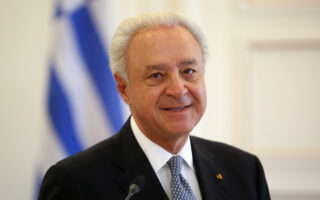Gray interference behind a blush-colored map
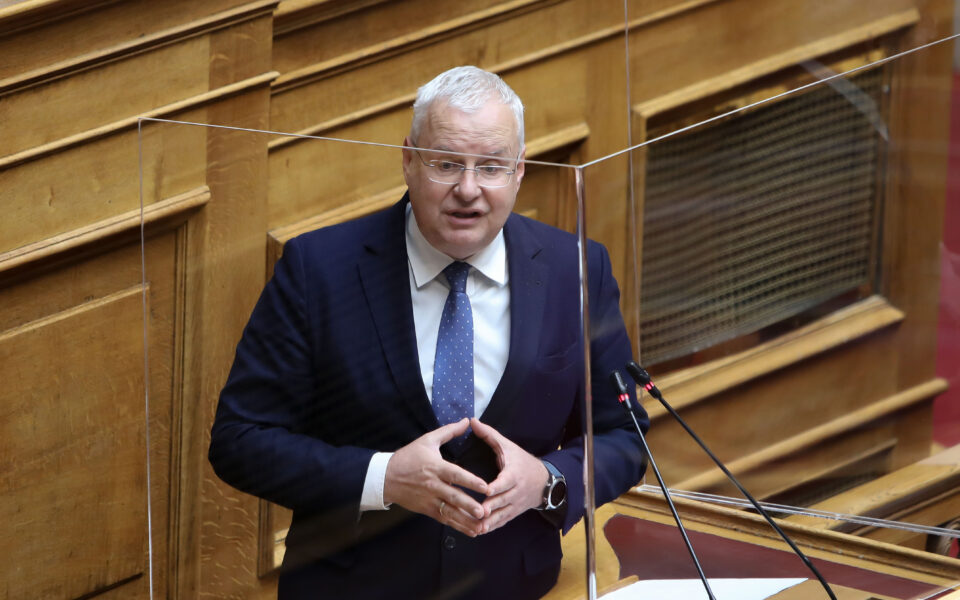
It was the blush color of Rodopi that stood out against the otherwise blue electoral map of the country after Sunday’s election, the indomitable “village” of the SYRIZA “Gauls,” as some so coyly described it.
The elections in Rhodope are undeniably interesting, particularly due to the campaign made by the Turkish Consulate, a foreign diplomatic mission, to influence the outcome.
Traditionally, the consulate in Komotini engages in manipulative actions, in the name of the “motherland,” by interfering in political and religious affairs of the Muslim minority in Thrace.
However, this is the first time that allegations of blatant interventions in the electoral process and, specifically, in the selection of candidates have come to light.
One such allegation pertains to the election of the SYRIZA MP, which local party officials publicly criticized, claiming that it was “assisted” by Turkey’s deep state and asserting that the candidate was neither “left-wing nor progressive,” but rather the product of a “blatant and disgraceful intervention” by the consulate.
The vote count revealed a resounding victory for the alleged favorite of the consulate in the two municipalities dominated by the minority (Iasmos and Arriana), where he consistently sought photo opportunities alongside the consul and the illegal muftis, openly referring to a “Turkish minority.” This outcome was responsible for the blush color on Rhodope’s map.
This result appears to have fueled skirmishing within SYRIZA, thus directly affecting the party. Meanwhile, the re-election of PASOK PM Ilhan Ahmet, despite the relentless opposition waged against him by the consulate and its mechanisms, can be viewed not only as a personal triumph but also as a victory for a segment of the Muslim minority striving to break free from the invisible restraints imposed by the Turkish Consulate.
In my view, Ahmet’s re-election represents the most significant event of Sunday’s vote in Thrace. He boldly questioned the authority of the consulate to determine the everyday lives of the minority community at all levels and fought against a formidable “system” that aimed to silence and ultimately eliminate him politically. However, he emerged victorious at the ballot box.
Moreover, he even garnered support from Christian voters, as his campaign prioritized the further convergence of Christians and Muslims. In Sunday’s elections, he represented the chunk of the Muslim minority advocating for harmonious coexistence between the two communities within a European Greece. Consequently, his re-election holds greater significance beyond personal triumph.
